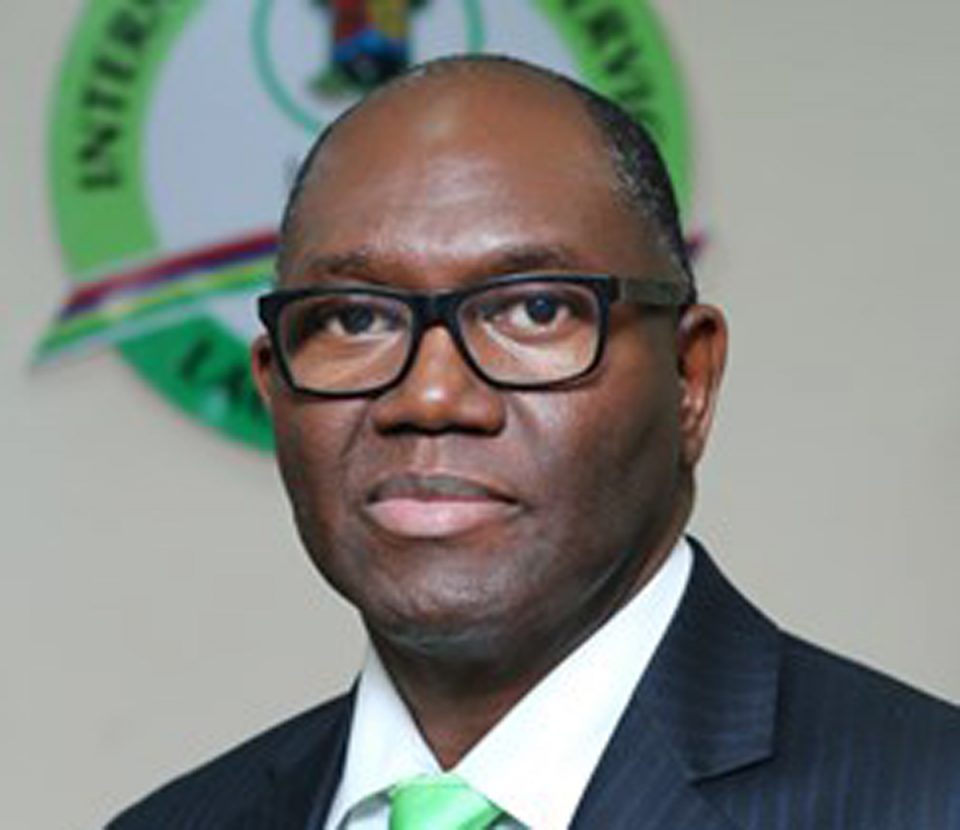The Chairman, Lagos Internal Revenue Service (LIRS), Mr Hamzat Subair, on Thursday identified lack of credible data for identity management and the cash dominated economy as challenges in the tax process.
Subair said at the Nigerian-American Chamber of Commerce (NACC)’s February 2020 Breakfast Meeting in Lagos that such challenges traverse the whole spectrum of tax administration in Nigeria, Lagos inclusive.
The breakfast meeting had the theme, “Tax and Revenue Generation: The Lagos State Approach’’.
Subair, represented by Mr Tola Seriki, Director, Informal Sector (LIRS), said that the challenges were most acute with respect to high net-worth individuals and the informal sector.
He, however, said that continued implementation of reforms and adoption of international best practices in tax administration would reduce the cost of voluntary compliance.
This, he said, would impact positively on Nigeria’s ratings on the ease of paying taxes index and ultimately the ease of doing business index.
“LASG is aware of the concerns of the business community, and it is putting resources in place to ease business operation through the creation of enabling environment for businesses to thrive.
“Your support, through the discharge of your civic responsibility of prompt payment of taxes due to the state is critical to our collective success and will not be taken for granted.
“LIRS, in fulfilment of its mandate, has continuously improved on its existing system by ensuring that the cost of voluntary compliance is reduced through the implementation of the enterprise tax administration system (e-Tax) and the customer help desk to attend to any enquiry by tax payers.
“These initiatives also enable the provision of fair, accurate and timely information as required by various stakeholders in the state, while rendering high quality and transparent customer-oriented service,’’ Subair said.
He reiterated at the event that the perceived issue of multiplicity of taxes was nonexistent in the state.
The chairman emphasised that levies, fees, rates and other forms of payments collected by various tiers of government were different from taxes.
He said that naming of various payments as a tax was wrong and misleading.
“The most common source of Internally Generated Revenue (IGR) to all countries is taxation.
“However, not every government has been able to effectively exploit this source of revenue generation.
“What appears to be the most common regulatory challenge that business owners encounter is perceived multiplicity of taxation,’’ Seriki said.
According to him, the multiplicity of taxes occurs when a tax base (or a single taxable income) is subjected to tax more than once, either by the same tax authority or more than one tax authority.
He said neither Lagos State nor the country as a whole has multiple taxation.
“What we have is a multiplicity of the interface between taxable entities (businesses inclusive) and tax authorities,’’ Subair said.
In his welcome address, Otunba Toyin Akomolafe, National President, NACC recognised taxation as an important tool for national development, promotion, growth and a vehicle for long term development of infrastructure of the state.
“In Nigeria, taxation has been in existence even before the coming of the colonial men.
“Governments, all over the world, require revenue to augment the spending needs to maintain public investment and social services.
“Though, taxation may not be the most important source of revenue to the government in terms of the magnitude of revenue derivable from taxation,’’ Akomolafe said.
He said, however, that for consistency, taxation is the most important source of revenue to the government.
“Over the years, LIRS has increased the state’s IGR by executing various programmes and implementing strategies which have impacted positively on revenue generation and collection,’’ he said.



